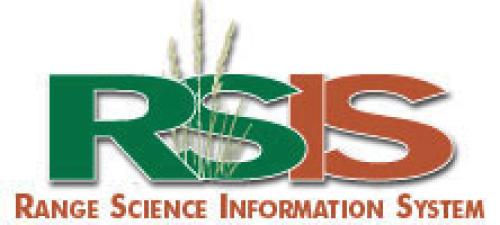A study near Medicine Hat, Alberta, Canada was conducted over two years to determine the effects of cattle grazing on streambank stability and also on benthic invertebrates. Three streams were fenced off and received either no grazing or grazing during three different times of the growing season. Results show that streambank stability was affected by all the grazing treatments and that stability greatly increased in the areas that received no grazing. The authors found that short-term changes in grazing had little effect on the benthic invertebrates over the 2-year study period. In contrast, comparisons of benthic assemblages from streams with different grazing intensities showed that the non-grazed reach of Storm Creek contained significantly higher biomass of coarse particulate organic matter and shredders compared with the cattle-absent exclosures in Battle, Graburn, and Nine Mile creeks. Results from stream-scale comparisons indicate that current livestock grazing practices in the Cypress Hills significantly impact riparian zones, stream channels, and benthic invertebrate community structure and that alternative practices, such as rotational grazing, need to be developed.

Citations and enhanced abstracts for journals articles and documents focused on rangeland ecology and management. RSIS is a collaboration between Montana State University, University of Idaho, and University of Wyoming.